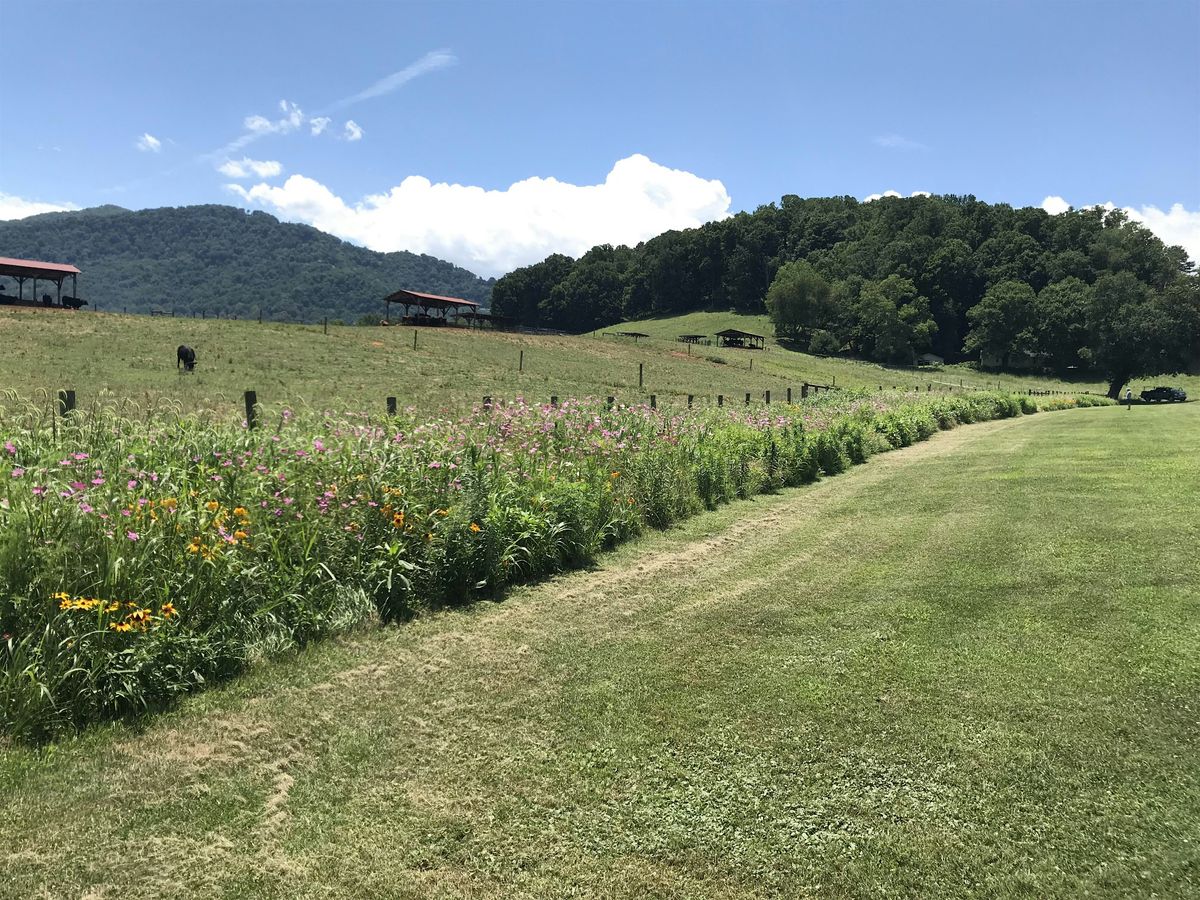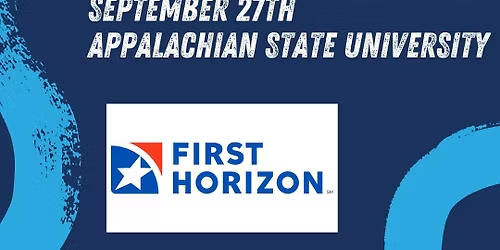
About this Event
Pollinator Habitat Restoration and Impacts on Surrounding Ecosystems
As the region grows, what is happening to wild bees in Western NC? Did Helene worsen habitat or other pressures on bees and other pollinators?
In this workshop we will be presenting the work of Drs. Levenson and Metz studying the impact of flooding on plant and pollinator communities in North Carolina. We will discuss the important partnerships among pollinator and plant communities, how they are disrupted during environmental catastrophe, what steps can be taken to rebuild, and the potential for improving outcomes for agriculture and wild species communities at large. This presentation will be accompanied by instruction on establishing and assessing pollinator habitat on various properties.
The first 50 registered attendees will receive a bag of wildflower seed to implement the practices discussed on their own property. Additional registrants will be added to a wait list. All registrants are invited to bring a soil sample from the area where pollinator habitat will/would be implemented on their property which will be tested for metal contamination, free of charge.
The workshop will run for 2 hours: 1 hr 30 min of instructional time with 30 min for discussion and questions.
This workshop is co-organized by the Specialty Crops Integrated Pest and Pollinator Management Lab and the NC State Apiculture Program. The work being presented was supported by the Agriculture and Food Research Initiative, project award no. 2025-68016-44397, and the Sustainable Agriculture Research and Education program, project award no. 2023-38640-39572, from the U.S. Department of Agriculture’s National Institute of Food and Agriculture; as well as the North Carolina Department of Agriculture & Consumer Services.
Event Venue & Nearby Stays
252 Poplar Grove Rd, 252 Poplar Grove Road, Boone, United States
USD 0.00












